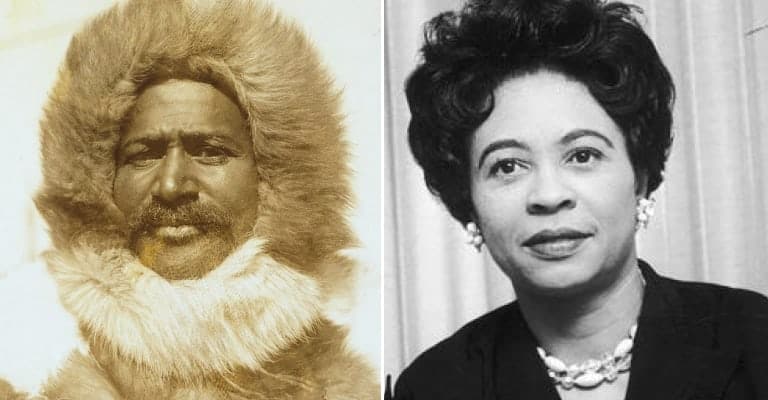February is Black History Month. While schools feature Black history this month, most students will only hear about the same handful of prominent figures: Rosa Parks, Martin Luther King, Jr., and perhaps a few others. Such a limited view ignores the countless historical achievements of many Black men and women who faced enslavement, violence, and prejudice on their roads to greatness. From early inventors, authors, and entrepreneurs to civil rights activists and politicians, the scope of Black history is far older and more significant than the March on Washington or “I Have a Dream.” Read on to learn more about sadly forgotten figures in Black history.
40. Mary Ellen Pleasant, Abolitionist

While her early life is shrouded in mystery, Mary Ellen Pleasant left an indelible legacy in California. Born poor, as either a free Philadelphian or an enslaved Georgian, Mary Ellen worked as an indentured servant in a general store as a young woman. Through her time there, she learned a great deal about business and property ownership and eventually became a wealthy woman. She financially supported John Brown and other abolitionist causes and became known as the Mother of Human Rights in California.

